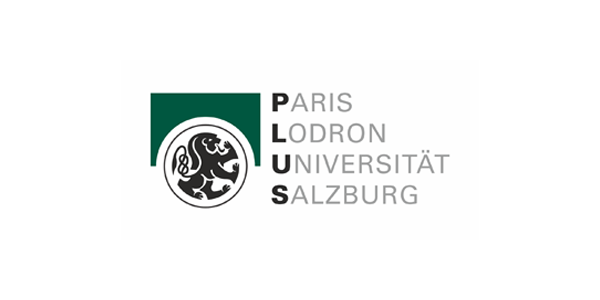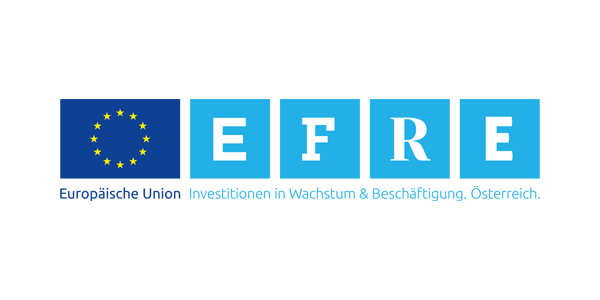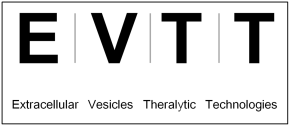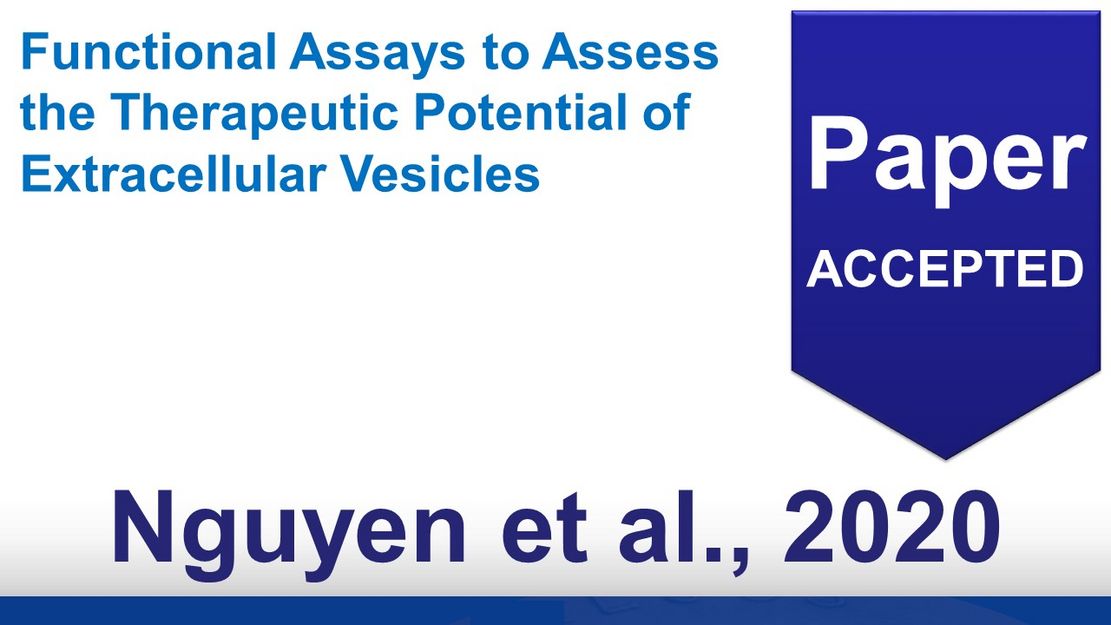Functional Assays to Assess the Therapeutic Potential of Extracellular Vesicles
An important aspect in the development of extracellular vesicle (EV) therapeutics is identifying and quantifying the key features defining their identity, purity, sterility, potency and stability to ensure batch-to-batch reproducibility of their therapeutic efficacy. Apart from EV-inherent features, therapeutic efficacy depends on a variety of additional parameters, like dosing, frequency of application, and administration route, some of which can be addressed only in clinical trials. Before initiating clinical trials, EV-inherent features should be tested in well-standardized quantitative assays in vitro or in appropriate animal models in vivo. Ideally, such assays would predict if a particular EV preparation has the potential to achieve its intended therapeutic effects, and could be further developed into formal potency assays as published by the International Council for Harmonization of Technical Requirements for Pharmaceuticals for Human Use guidelines. Furthermore, such assays should facilitate the comparison of EV preparations produced in different batches, on different manufacturing platforms or deriving from different cell sources. For now, a wide spectrum of in vitro and in vivo assays has been used to interrogate the therapeutic functions of EVs. However, many cannot accurately predict therapeutic potential. Indeed, several unique challenges make it difficult to set up reliable assays to assess the therapeutic potential of EVs, and to develop such assays into formal potency tests. Here, we discuss challenges and opportunities around in vitro and in vivo testing of EV therapeutic potential, including the need for harmonization, establishment of formal potency assays, and novel developments for functional testing. [get the paper]










